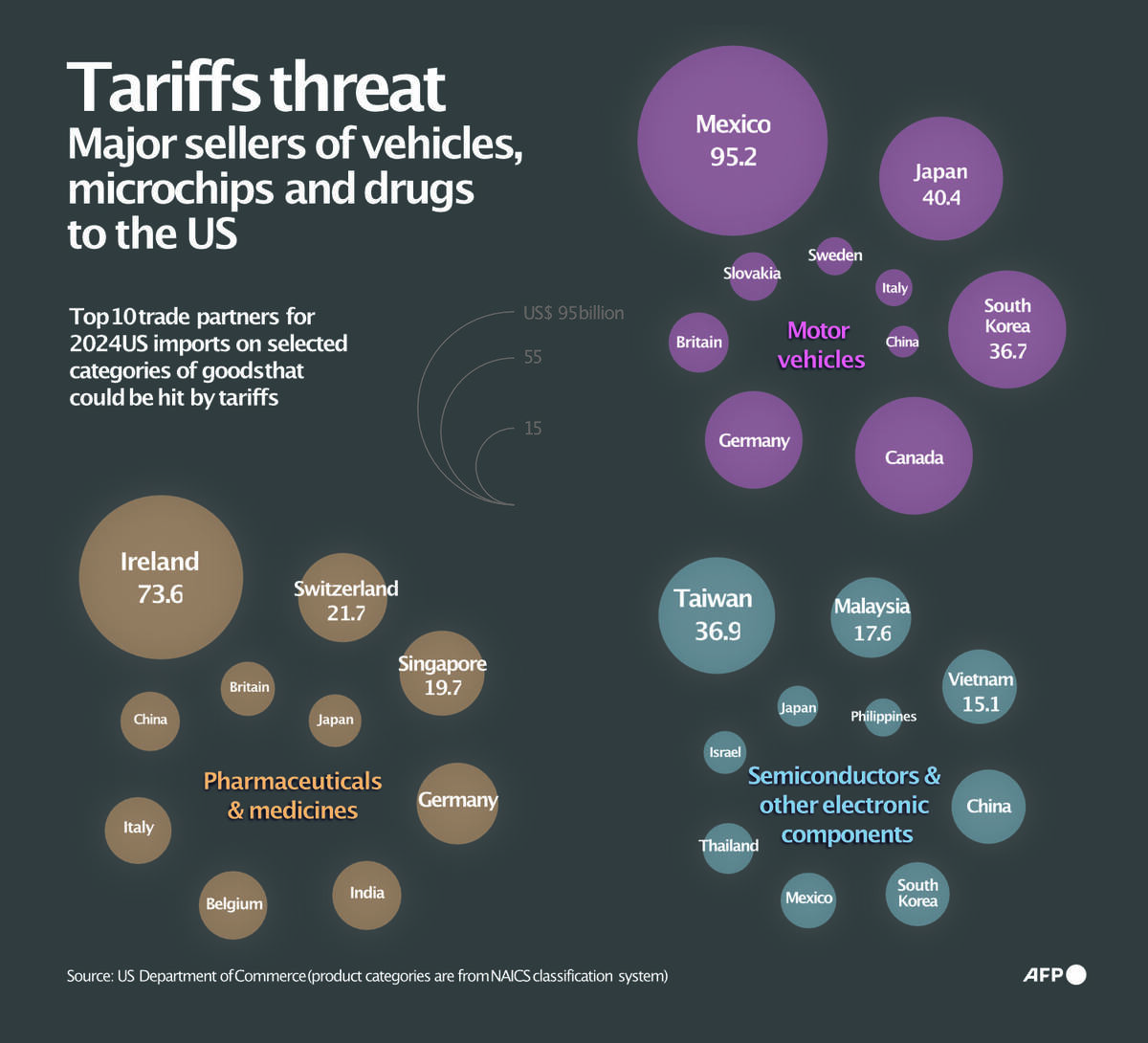COPENHAGEN: Fifteen EU states have demanded a further tightening of the bloc’s asylum policy, making it easier to transfer undocumented migrants to third countries, including when they are rescued at sea.
The demand, sent in a letter to the European Commission that AFP received on Thursday, comes less than a month before European Parliament elections, in which far-right anti-immigration parties are forecast to make gains.
The letter asks the European Union’s executive arm to “propose new ways and solutions to prevent irregular migration to Europe.”
The group includes Italy and Greece, which receive a substantial number of the people making the perilous journey across the Mediterranean Sea to reach the EU — many seeking to escape poverty, war or persecution, according to the International Organization for Migration.
They want the EU to toughen up its recently adopted asylum pact, which introduces tighter controls on those seeking to enter the 27-nation bloc.
That reform includes speedier vetting of people arriving without documents, new border detention centers and faster deportation for rejected asylum applicants.
The 15 proposed in their letter the introduction of “mechanisms... aimed at detecting, intercepting — or in cases of distress, rescuing — migrants on the high seas and bringing them to a predetermined place of safety in a partner country outside the EU, where durable solutions for those migrants could be found.”
They said it should be easier to send asylum seekers to third countries while their requests for protection are assessed.
They cited the example of a controversial deal that Italy has struck with non-EU Albania, under which Rome can send thousands of asylum seekers plucked from Italian waters to holding camps in the Balkan country until their cases are processed.
The concept in EU asylum law of what constitutes “safe third countries” should be reassessed, they continued.
EU law stipulates that people arriving in the bloc without documents can be sent to a third country, where they could have requested asylum — so long as that country is deemed safe and the applicant has a genuine link with it.
That would exclude schemes like the divisive law passed by the UK, which has now left the EU, enabling London to refuse all irregular arrivals the right to request asylum and send them to Rwanda.
Rights groups accuse the African country — ruled with an iron fist by President Paul Kagame since the end of the 1994 genocide that killed around 800,000 people — of cracking down on free speech and political opposition.
The 15 nations said they wanted the EU to make deals with third countries along the main migration routes, citing the example of the arrangement it made with Turkiye in 2016 to take in Syrian refugees from the war in their home country.
The letter was signed by Austria, Bulgaria, Cyprus, the Czech Republic, Denmark, Finland, Estonia, Greece, Italy, Latvia, Lithuania, Malta, the Netherlands, Poland and Romania.
It was not signed by Hungary, whose Prime Minister Viktor Orban has resisted EU plans to share out responsibility across the bloc for hosting asylum seekers, or to contribute to the costs of that plan.






























